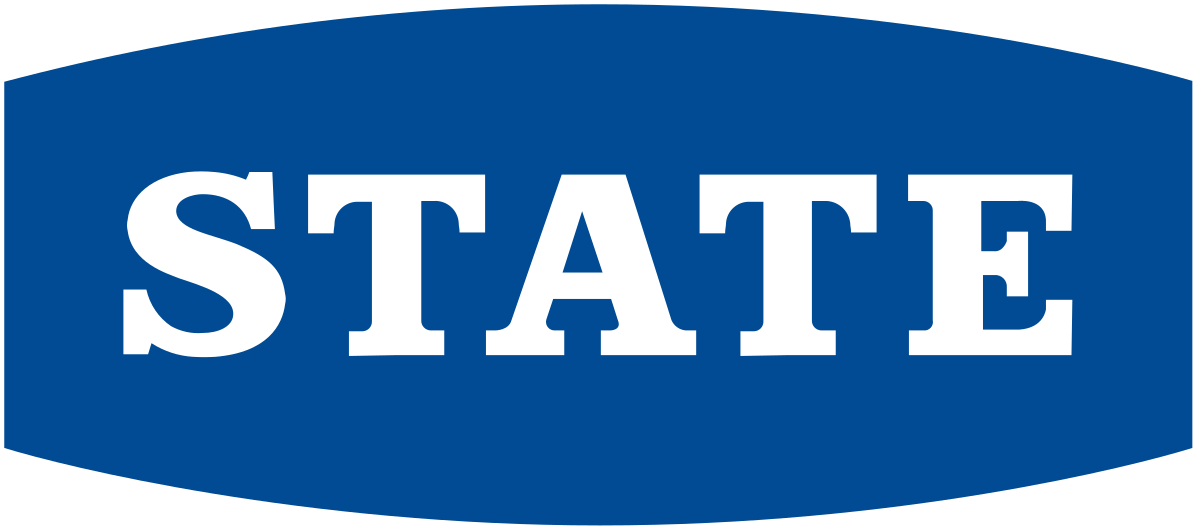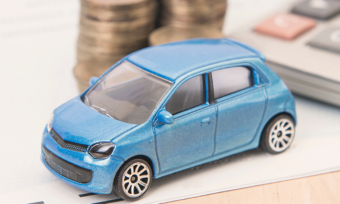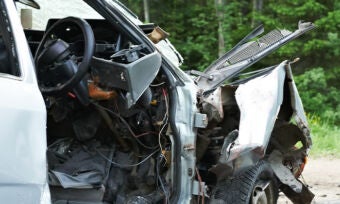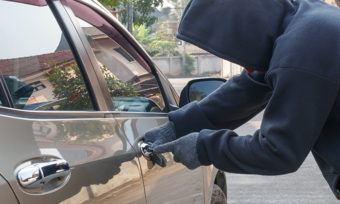It can be a scary, and confusing, situation if you return to where you last left your car and discover it’s no longer there. Has it been stolen, or towed away? Canstar looks at the steps to take if your car gets towed.
How to know if you car has been towed
If you return to your last parking spot and your car is no longer there, you first need to establish whether it’s been stolen or towed. Usually, it’s pretty easy to determine whether your car has been towed. Most cars are towed for one of the following three reasons:
- It was parked illegally on a public road
- It was parked without permission on privately owned land
- It was parked on a public road in a spot that had been marked as a no-parking zone for a specific, short-term reason, for example road resurfacing, a major public event, public safety or tree pruning
If your car was parked on privately owned land, such as a private car park, there will usually be signage warning of towing that will display a number to ring.
If your car was towed due to council work, such as road resurfacing, it will most likely have been moved to another street, so check out the surrounding area before doing anything else.
What to do if your car is in the process of being towed
If you return to your vehicle and find it in the process of being hooked up to a towing truck, legally, they are not allowed to tow it away. However, you may still be charged a call-out fee.
How to get your car back
How you get your towed car back will depend on where it was towed from:
Private land
If your car has been towed from private property, the towing company has the right to hold onto your vehicle until you’ve paid the towing fees along with any storage fees that may have accrued.
To retrieve your car, you’ll need to reach out to the towing company and settle the fees in full. Keep in mind that storage fees typically increase on a daily basis, so the longer you take to pay the towing fee, the more you’ll end up paying in storage charges.
Additionally, when you go to pick up your vehicle, be sure to take some form of photo identification, as it will likely be required by the towing company.
If you don’t pay the towing company to return your car, they have the option to seek a court order that allows them to sell the vehicle in order to cover their expenses.
Public land
If you car was towed from public land and hasn’t been re-parked on a nearby street, you’ll need to check with your local council to find your vehicle. If your local council is unable to provide any insight as to why your car has been towed, and where it is being stored, your car may have been stolen. In which case you should contact the police immediately.
How much does it cost to get your vehicle back?
Towing fees vary between towing companies. You will also be charged a “storage fee” once your vehicle has been removed. This fee typically ranges from $10-$15 per day.
What to do if your vehicle is damaged
If your car is parked in a way that it needs to be moved by a tow truck, the driver is allowed to break into the car to release the handbrake. However, tow truck operators are required to take reasonable steps to prevent any damage or loss to your vehicle while it’s being towed.
If you believe your car was damaged, or you lost any property during towing, your first step should be to contact the tow operator directly and make a complaint. They are legally obligated to keep a record of written complaints.
Next, inform your insurance company about the situation. They will handle the claim process with the tow company’s insurer on your behalf.
If you’re not insured or prefer not to go through your insurance, you’ll need to have the damage assessed by a professional. Once you know the cost of repairs, you can ask the tow company for compensation.
Compare car insurance with Canstar
About the author of this page
This report was written by Canstar Content Producer, Caitlin Bingham. Caitlin is an experienced writer whose passion for creativity led her to study communication and journalism. She began her career freelancing as a content writer, before joining the Canstar team.
Enjoy reading this article?
You can like us on Facebook and get social, or sign up to receive more news like this straight to your inbox.
By subscribing you agree to the Canstar Privacy Policy









Share this article